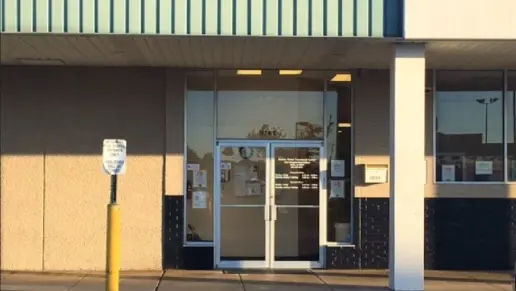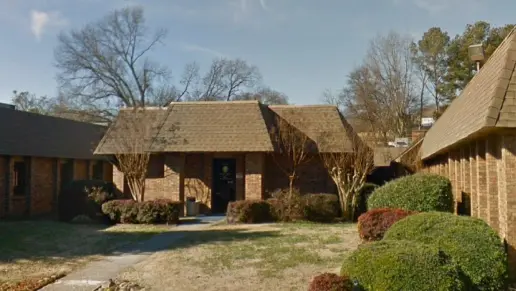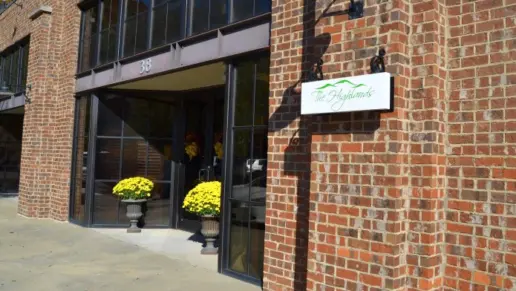About Mission Teens – Restoration Ranch
Restoration Ranch is a non-denominational Christian discipleship ministry located in Tuscumbia, Alabama and operating under Mission Teens, Inc. They specialize in the treatment of mental health and substance use disorders in adolescents and adults. Their programs include residential treatment and aftercare services.
Their residential treatment program follows a four-phase approach, all centered on Biblical teachings and principles. Clients are required to participate in 5.5 hours of Bible study each day, including a comprehensive New Testament study and a more generalized study of the Old Testament. Each phase lasts approximately two to four months and client responsibilities grow as they transition from one phase to the next. Eventually, residents who are further along in their recovery journey will assume teaching and leadership positions, where they can begin to guide newer program participants.
Phase 1 of recovery includes basic household responsibilities and minimal privileges or responsibilities. Instead, clients are encouraged to spend time in introspection as they prepare for the phases that lie ahead. In Phases 2 and 3, clients begin to assume more responsibilities and earn privileges, including phone calls and family visits. Phase 4 is considered counselor training, allowing clients to hone their leadership skills and self-esteem.
Following residential treatment, clients may enroll in an additional staff training program that lasts 10-12 months. Additional aftercare services may include linkages to local healthcare, vocational, and peer recovery services.
Restoration Ranch does not require payment or insurance for its services. However, if providers need to make referrals to other outside resources, those groups may be in-network with a majority of major insurance plans, including Aetna, BlueCross/BlueShield, United Healthcare, Magellan, and others. Verify your coverage with your provider because out of network benefits can vary.
Latest Reviews
Rehab Score
Gallery
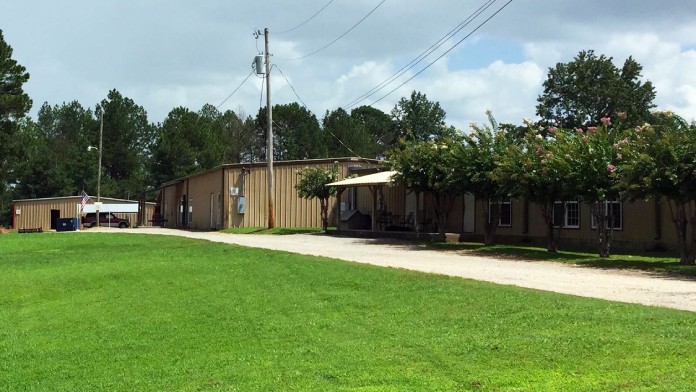
Location
Accepted Insurance
Other Forms of Payment
Self-pay involves paying for treatment out of your own pocket. You can use savings or credit, get a personal loan, or receive help from family and friends to fund your treatment. If you don't have insurance or your insurance plan doesn't cover a specific program, self-pay can help ensure you still get the care you need.
Sliding scale payments are based on a client's income and family size. The goal is to make treatment affordable to everyone. By taking these factors into account, addiction recovery care providers help ensure that your treatment does not become a financial burden to you or your family, eliminating one barrier to care.
Medicare is a federal program that provides health insurance for those 65 and older. It also serves people under 65 with chronic and disabling health challenges. To use Medicare for addiction treatment you need to find a program that accepts Medicare and is in network with your plan. Out of pocket costs and preauthorization requirements vary, so always check with your provider.
Medicaid is a state based program that helps lower-income individuals and families pay for healthcare. Medicaid covers addiction treatment so those enrolled can use their coverage to pay for rehab. When a program accepts Medicaid the client often pays very little or nothing out of their own pocket.
Addiction Treatments
Levels of Care
Treatments
The goal of treatment for alcoholism is abstinence. Those with poor social support, poor motivation, or psychiatric disorders tend to relapse within a few years of treatment. For these people, success is measured by longer periods of abstinence, reduced use of alcohol, better health, and improved social functioning. Recovery and Maintenance are usually based on 12 step programs and AA meetings.
Drug rehab in Alabama provides medical or psychotherapeutic treatment for drug dependency. Methods of treatment often include a combination of medication, counseling, and recreational therapies.
A combined mental health and substance abuse rehab has the staff and resources available to handle individuals with both mental health and substance abuse issues. It can be challenging to determine where a specific symptom stems from (a mental health issue or an issue related to substance abuse), so mental health and substance abuse professionals are helpful in detangling symptoms and keeping treatment on track.
Opioid rehabs specialize in supporting those recovering from opioid addiction. They treat those suffering from addiction to illegal opioids like heroin, as well as prescription drugs like oxycodone. These centers typically combine both physical as well as mental and emotional support to help stop addiction. Physical support often includes medical detox and subsequent medical support (including medication), and mental support includes in-depth therapy to address the underlying causes of addiction.
Programs


Clinical Services
Group therapy is any therapeutic work that happens in a group (not one-on-one). There are a number of different group therapy modalities, including support groups, experiential therapy, psycho-education, and more. Group therapy involves treatment as well as processing interaction between group members.
Life skills trainings involve all the skills a person must have in order to function successfully in the world. These include time management, career guidance, money management, and effective communication. Truly successful addiction recovery is based on the ability to not only live substance-free, but to thrive. Life skills teaches the practical necessities of functioning in society, which sets clients up for success in life, and therefore sobriety.
Staff
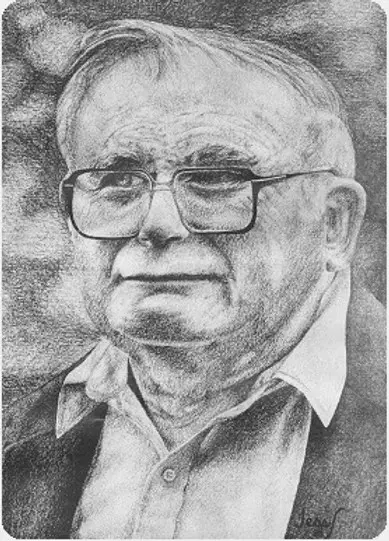
Founder
Contact Information
722 Little Israel Road
Tuscumbia, AL 35674



